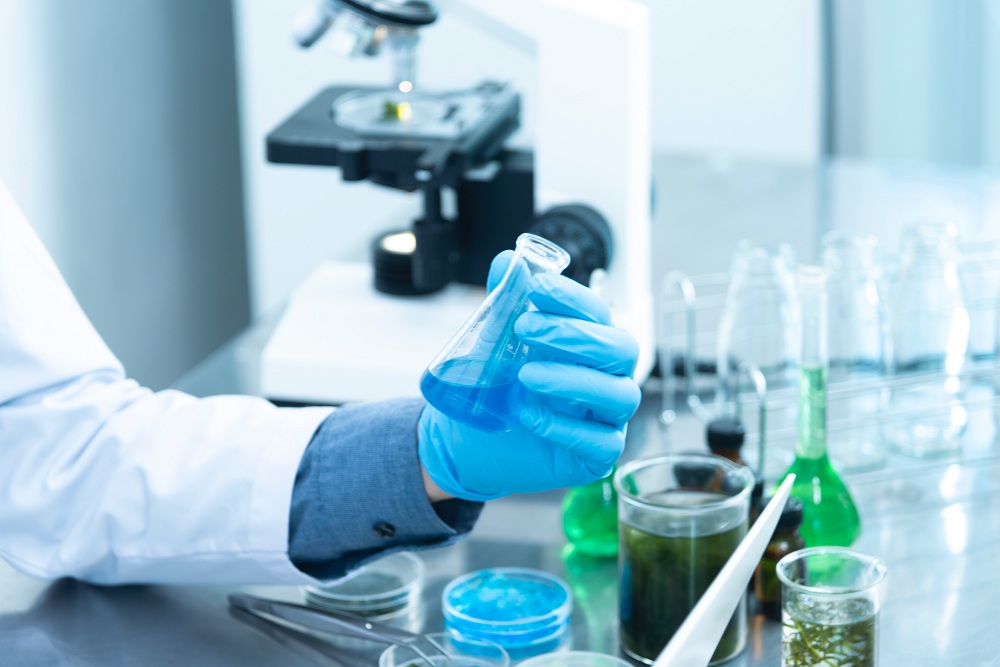Protein-drug conjugation is a powerful technique used to develop targeted drugs that can selectively deliver a drug payload to specific cells or tissues. The basic idea is to attach a drug molecule to a protein carrier, such as an antibody or protein scaffold, to create a bioconjugate that can selectively recognize and bind to target cells. This allows for the delivery of the drug to specific cells, while minimizing exposure to healthy cells and reducing unwanted side effects.
One of the most important applications of protein-drug conjugation is the development of antibody-drug conjugates (ADCs). ADCs are a type of bioconjugate that combines the selectivity of an antibody with the cytotoxicity of a small molecule drug. The antibody component of the ADC recognizes and binds to a specific cell surface receptor, while the drug component delivers a cytotoxic payload that selectively kills the target cells.
The development of ADCs requires a deep understanding of both the chemical and biological properties of the antibody and drug components. ADC conjugation service providers use a range of techniques to attach the drug molecule to the antibody in a precise and controlled manner. One common approach is to use a linker molecule that connects the drug and antibody components, allowing for the drug to be released only upon binding to the target cell.
ADCs have shown significant promise in the treatment of cancer, with several ADCs having been approved for clinical use. For example, Adcetris (brentuximab vedotin) is an FDA-approved ADC that targets CD30-positive lymphomas, while Kadcyla (ado-trastuzumab emtansine) is an ADC that targets HER2-positive breast cancer. In both cases, the use of an ADC allows for targeted delivery of the drug payload, leading to improved efficacy and reduced toxicity.
In addition to ADCs, other protein-drug conjugates have been developed for a range of therapeutic applications. For example, protein-scaffold conjugates can be used to deliver small molecule drugs or peptides to specific cells or tissues, while enzyme-drug conjugates can be used to selectively activate a drug in the presence of a specific enzyme.
Despite the promise of protein-drug conjugation, there are still several challenges that must be overcome. One major challenge is the stability of the bioconjugate, as the linker molecule must be stable enough to survive in the bloodstream, but also must be cleaved to release the drug at the target site. Additionally, the synthesis and characterization of bioconjugates can be complex and time-consuming, requiring specialized expertise and equipment.
To address these challenges, a number of ADC conjugation service providers have emerged in recent years, offering a range of custom conjugation services to researchers and pharmaceutical companies. These service providers have expertise in a range of conjugation techniques, including site-specific conjugation, hydrophobic conjugation, and amine-reactive conjugation. By working with a conjugation service provider, researchers can access specialized expertise and equipment, enabling the development of novel and effective targeted therapies.
In conclusion, protein-drug conjugation is a powerful technique that allows for the development of targeted drugs with improved efficacy and reduced toxicity. The development of ADCs, in particular, has shown significant promise in the treatment of cancer, leading to the approval of several ADCs for clinical use. While there are still challenges to be overcome, the emergence of ADC conjugation service providers is enabling researchers to develop novel and effective targeted therapies, with the potential to revolutionize the field of medicine.









